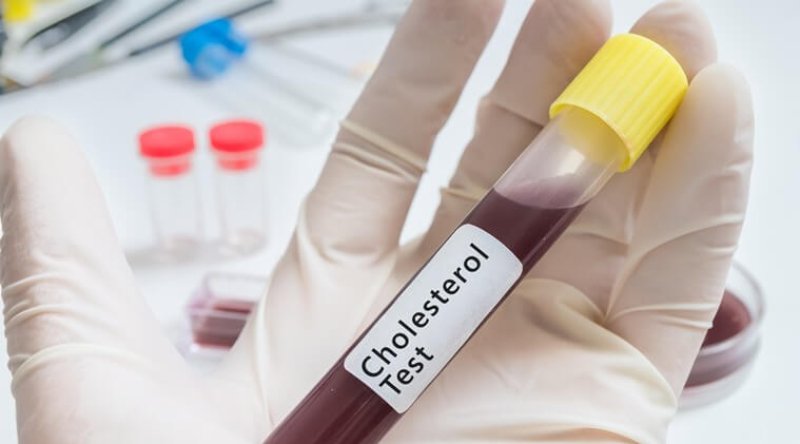Most physicians order what [cardiologist Allan Sniderman] considers the wrong test to gauge heart disease risk: a standard cholesterol readout, which may indicate levels of low-density lipoprotein (LDL) or non-high density lipoprotein (non-HDL) cholesterol. What they should request instead, Sniderman argues, is an inexpensive assay for a blood protein known as apolipoprotein B (apoB).
ApoB indicates the number of cholesterol-laden particles circulating in the blood—a truer indicator of the threat to our arteries than absolute cholesterol levels, some researchers believe.
…
But plenty of scientists disagree. “Many lines of evidence say there’s not a lot more predictive power of apoB over LDL cholesterol,” says cholesterol researcher Scott Grundy of the University of Texas Southwestern Medical Center in Dallas.
…
[A]poB advocates admit that LDL cholesterol’s track record is pretty good. About 85% of the time, it provides an accurate indication of a patient’s likelihood of developing cardiovascular disease, [genetic epidemiologist and cardiologist Brian] Ference says. But that means it’s wrong 15% of the time, he adds.…
[I]f future guidelines start to emphasize apoB’s diagnostic value and drug companies begin to target it, Ference thinks physicians will eventually pay heed to the protein. “The argument is that LDL cholesterol is good enough,” he says. “But as we move toward more personalized medicine, it’s not.”Read full, original post: Is it time to retire cholesterol tests?































